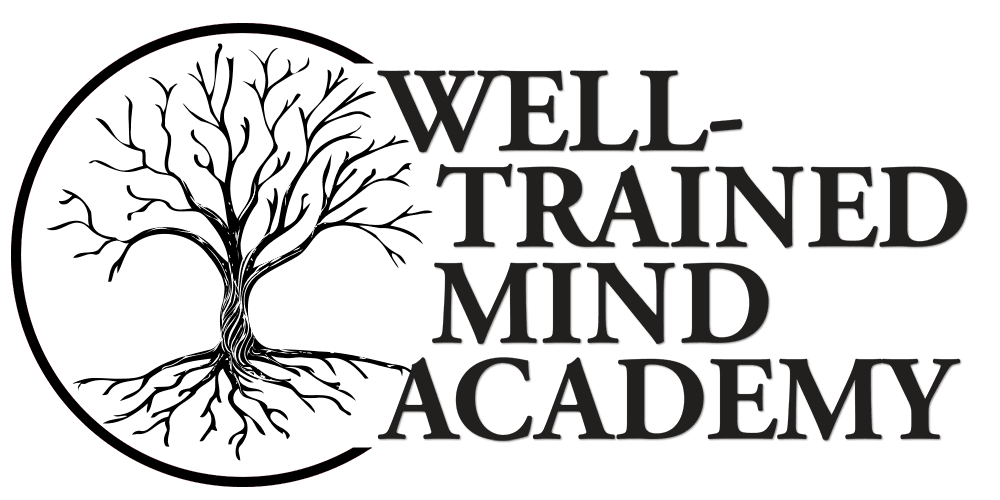Mythology for the Logic Stage
One-semester course. In this course, we will study Greek and Roman myths as told by ancient authors such as Hesiod, Homer, and Ovid. We will learn how these ancient civilizations used stories of gods, monsters, heroes, and transformations to better understand the world around them, and what the myths tell us about their cultures. We’ll also compare these stories to mythology in other traditions, explore the impact of classical mythology on literature, art, and culture of later time periods, and discover elements of mythology in the world around us today. At the end of the course, students will use their knowledge of the functions and common themes of mythology to create their own modern myths.
Please note: While most Greek and Roman myths are appropriate for students of all ages, some stories exist that contain sensitive subject matter, in particular violence and sexual themes. Our textbook, which is designed to make the ancient texts accessible to middle and early high school students, aims to tell these stories in a manner that neither whitewashes nor dwells on some of the more controversial aspects of mythology. All assigned readings and myths discussed in class will be age appropriate; however, parents should be aware that the textbook contains additional content that they may consider objectionable. If you have any concerns we encourage you to check the texts out at the local library before enrolling your student.
*Alternates with Classical Civilization for the Logic Stage.
Mythology for the Logic Stage Information
- Example Syllabus
- Class meets once per week for 50-55 minutes.
- Class cap: 20 students.
- Designed for grades 7-9.
- Taught by Alexis Heflin
